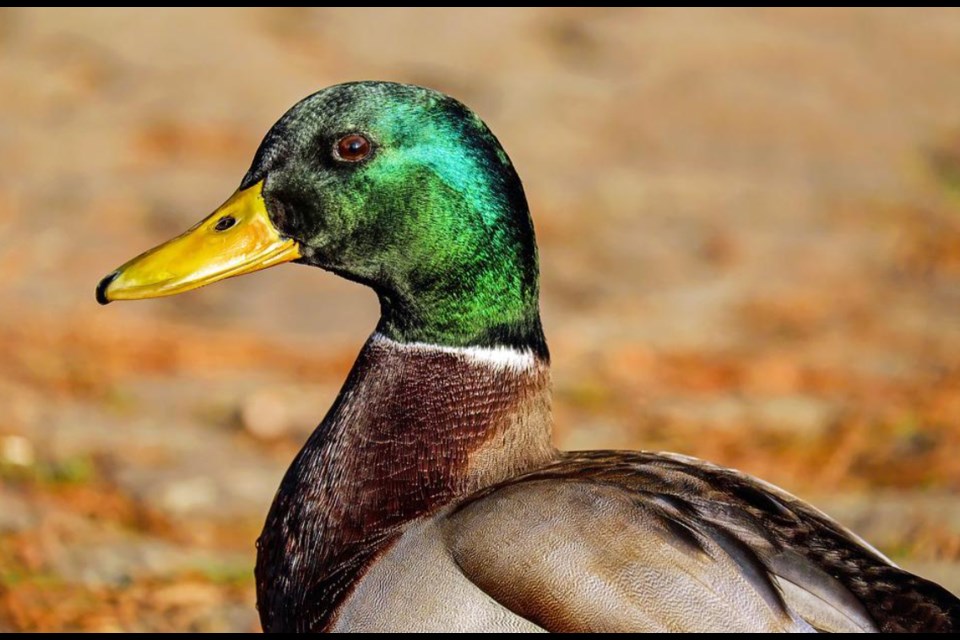A proposed habitat restoration project in South Delta has local farmers and the city seeking answers.
At its June 27th meeting, council discussed a staff report outlining concerns about Ducks Unlimited Canada's plan for the Alaksen National Wildlife Area, which encompasses federal Crown lands located at the north end of Westham Island, and would involve flooding properties currently in the Agricultural Land Reserve.
The project, which is also within the George C. Reifel Migratory Bird Sanctuary, is to increase fish and waterfowl habitat to recreate estuarine marsh habitat, remove invasive plants and restore native vegetation to improve the overall habitat quality.
The two fields to be converted into marsh have not been farmed since the late 1980s and have been managed as old field habitat.
The project would involve the construction of approximately 780 metres of new private dike along the southeastern edge of the fields to provide flood protection to the surrounding lands prior to breaching the northern perimeter dike to allow inundation of water into the fields.
A report to council notes staff have reviewed the project from an environmental perspective and have contacted Delta Farmers' Institute (DFI) to obtain further comments.
The DFI has expressed opposition to the project as currently proposed.
Noting Delta producers have partnered for more than 25 years with bird and environmental advocates through the Delta Farmland & Wildlife Trust stewardship programs, DFI president Jack Bates in a letter to the city said farmers’ concern is the immediate and long-term environmental impacts and associated costs with introducing the river flow to the fields on Westham Island and the lands beyond the properties.
“Maintaining effective drainage and preventing salinity encroachment on farm fields is on-going work and must be collaboratively planned and properly managed. For the proposed project there is the additional responsibility to fund and oversee an extended and/or compromised dike system,” wrote Bates.
“We appreciate working with the City of Delta to improve the current drainage and irrigation on the Island, and recognize, just as importantly existing dikes need upgrading. With the effects of climate change including extreme weather patterns, mitigation and thoughtful management of risks to agriculture are even more critical. Flood protection and water management are key components for sustainable farming.”
According to the Canadian Wildlife Service, flood protection for the areas agricultural production would remain the same or better than the current situation.
The Canadian Wildlife Service is conducting an impact assessment but Delta staff have requested that the city be included in a consultation process. To date, the city has not been directly asked for comments on the proposal.
Council was told that civic staff were only made aware of the project by correspondence farmers received from Environment Canada. The information is still at the preliminary stage, without a detailed design.
Council agreed to request more information and also ask the Canadian Wildlife Service to make an in-person presentation at a future council meeting.



